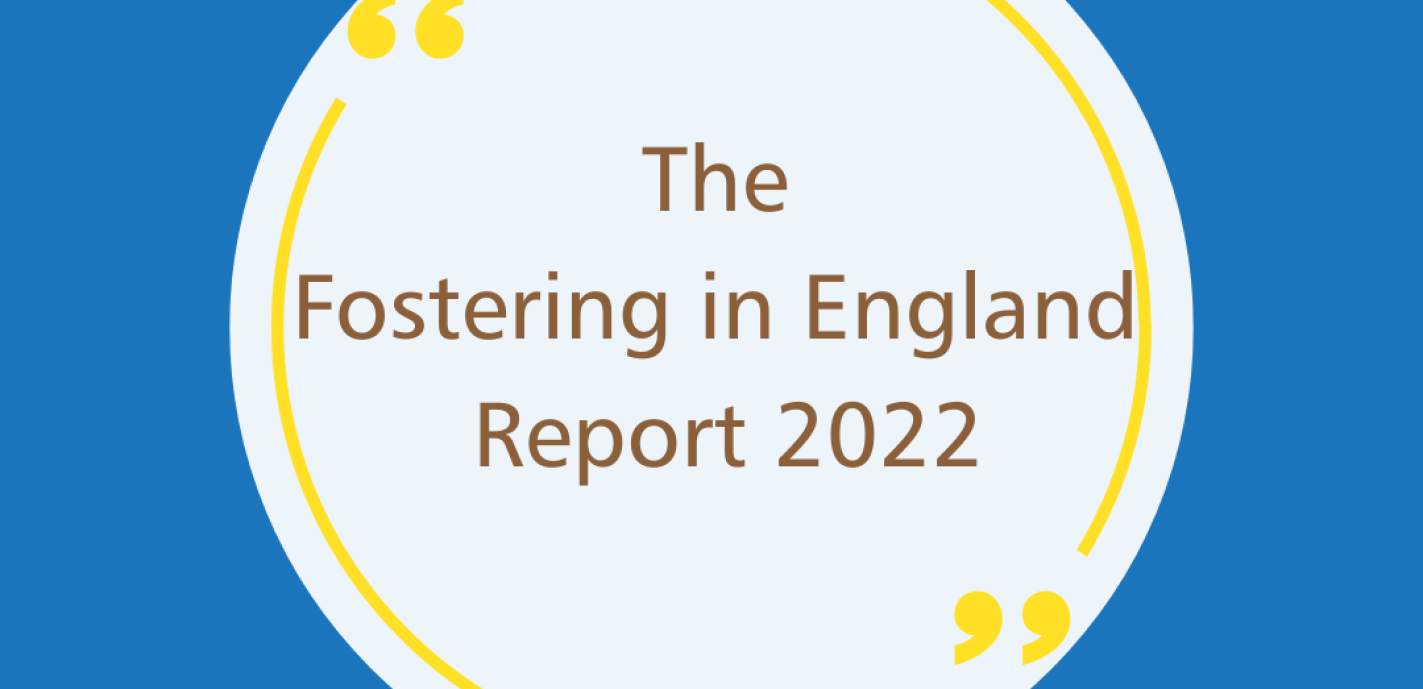


6th December, 2022
We are facing a carer shortage. This is confirmed in The Fostering in England Report 2022, which was released by the Office for National Statistics and Ofsted on 10th November. One of the reports’ major findings is that capacity in mainstream fostering has faced a downward trend since 2018.
We can see from the report a downward trajectory in applications for fostering across the last five years, with a large proportion of enquiries not converting into actual applications. Why is this happening? We have to consider the effects of the pandemic and the impact on people who may be more cautious about welcoming someone else into their home. Equally as we migrated to home working, many households now use their spare room as their home office. We must also consider the effects of the energy crisis and the current cost-of-living crisis.
It could be argued that these reasons mirror why there are more children who need substitute family care in order to have a more stable and supportive home life. Often, looked after children have been through so much whatever their circumstance, some children have been through bereavement or watched loved ones become suddenly ill. There are so many reasons why a young person or child will have entered the care system.
Along with this, potential foster carers often struggle with their own barriers and misconceptions, and we often hear questions like; am I too old? or how will this affect my own children? This is where we come in to reassure applicants and dispel those myths. At Excel, there is no upper age limit, indeed we have many older carers and carers whose children of their own benefit enormously from living alongside a foster child, which can be an enriching experience for all.
The report also referred to the decrease in capacity of foster carers due to the fact that there are more people leaving the fostering profession than joining it, hence we must recognise that there is not just a carer shortage, but also a retention issue. Jacci goes on to say that “for us at Excel our focus is not only on the recruitment of new carers, but the vital support we offer to the foster carers we already have. The benefit of being independent is that we are constantly revieing our benefits, as such, we have been able to raise our rates three times this year to go some way towards supporting carer during the cost-of-living crisis. Our training and support here is second to none in my opinion.
Despite the decrease of foster carers, the use of Independent Fostering Agencies (IFA’s) such as Excel is on the rise and this is very much needed in order to support local authorities to provide diverse families and find the right match for children in need.
If you would like to read the full report it can be found here.
If you’ve got any questions or would like to find out more about fostering with Capstone, fill out the form below.
An experienced fostering advisor from your local area will then be in touch.
By signing up, you will receive our latest fostering stories every two months.

Start the conversation today. Our team of friendly advisors are on hand to answer any foster care questions you may have. We can offer you honest and practical advice that can help you decide if becoming a foster carer is the right path for you.


